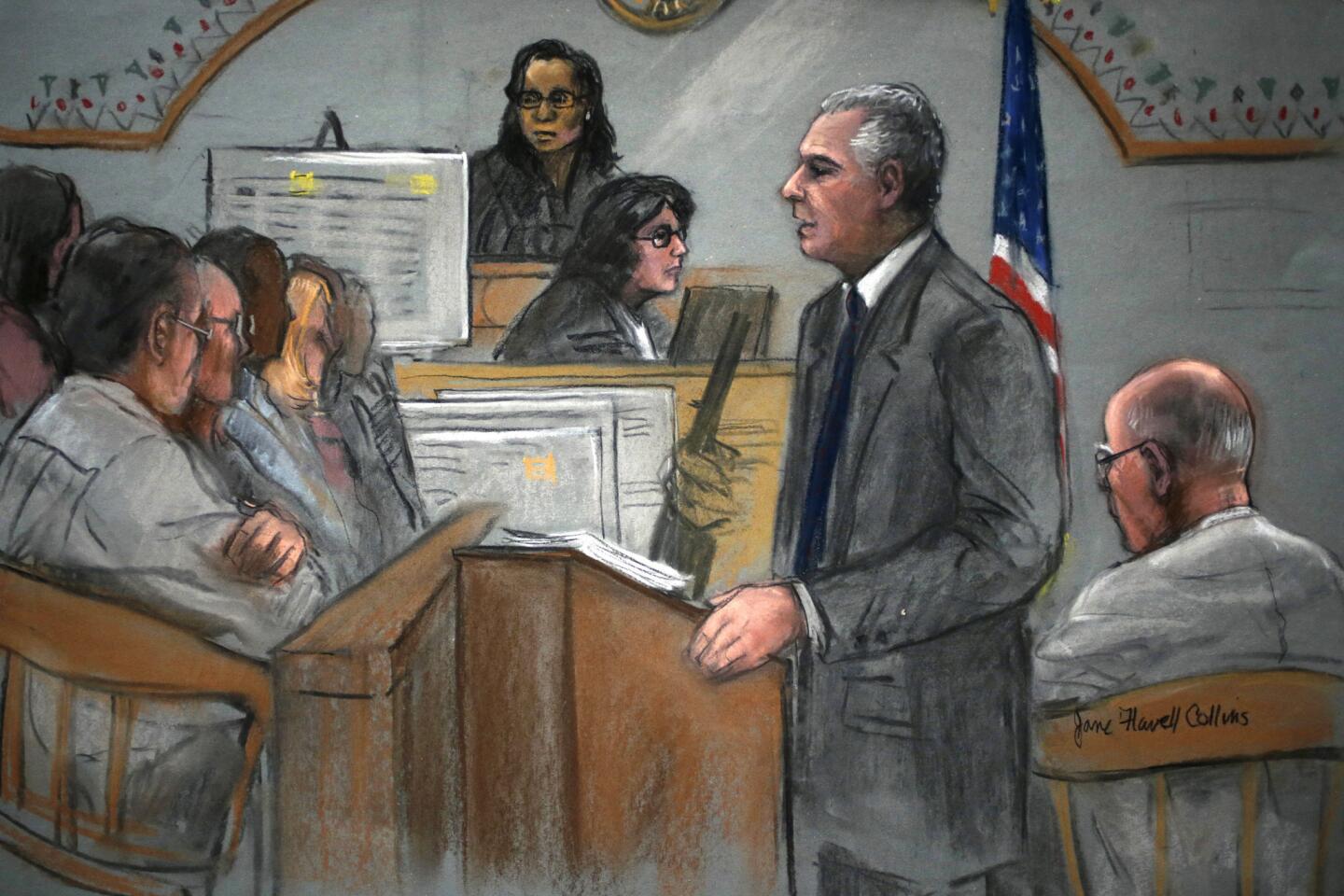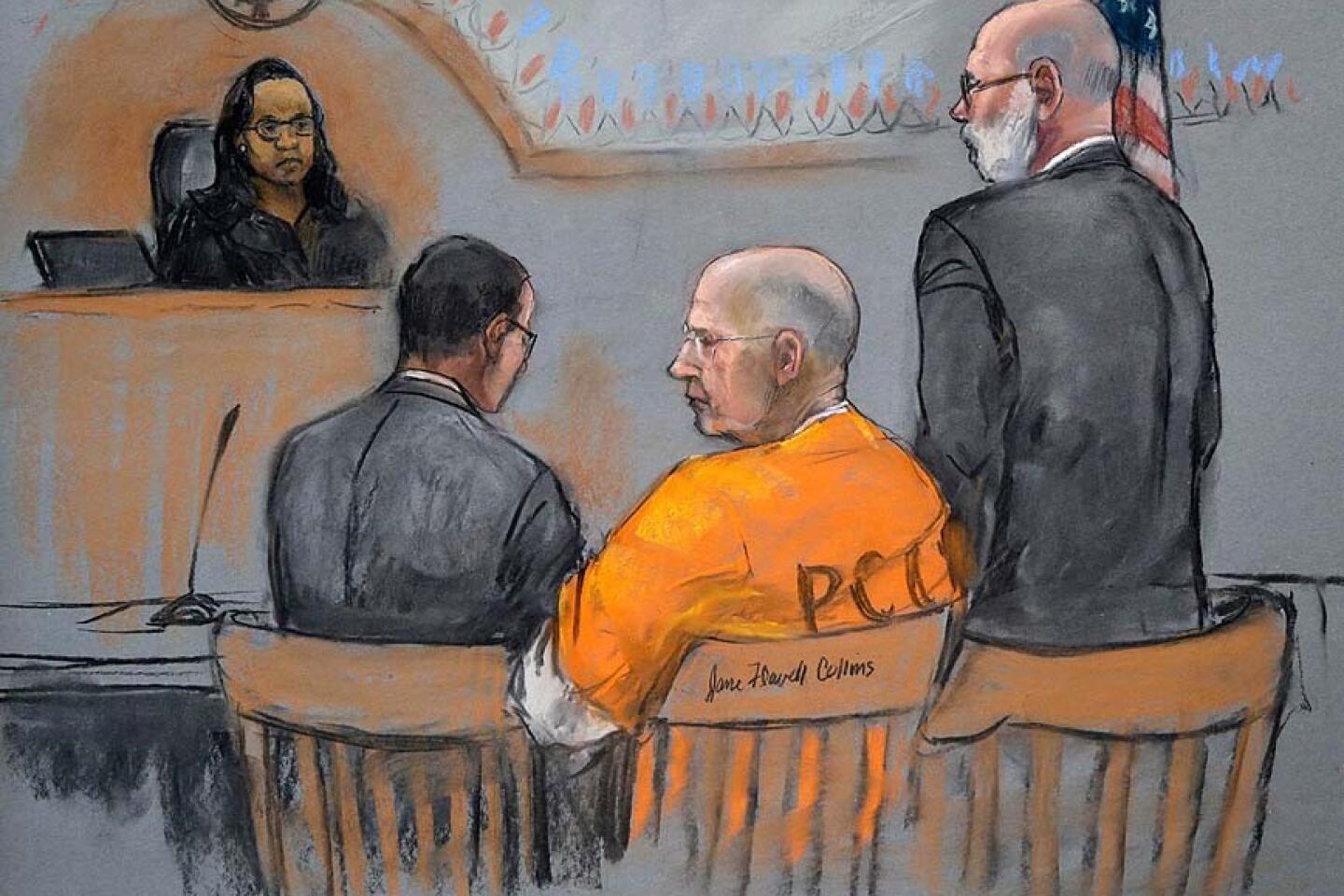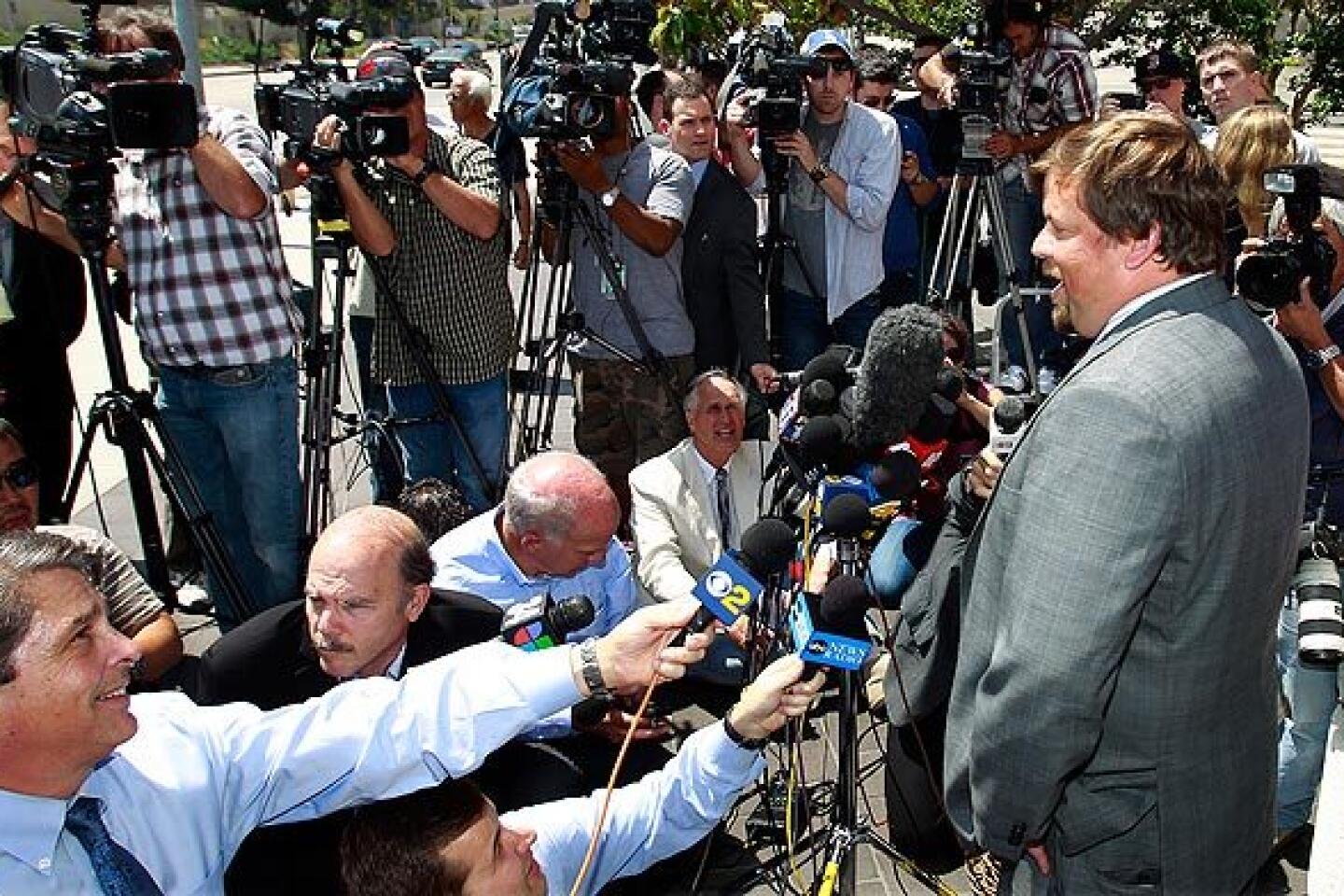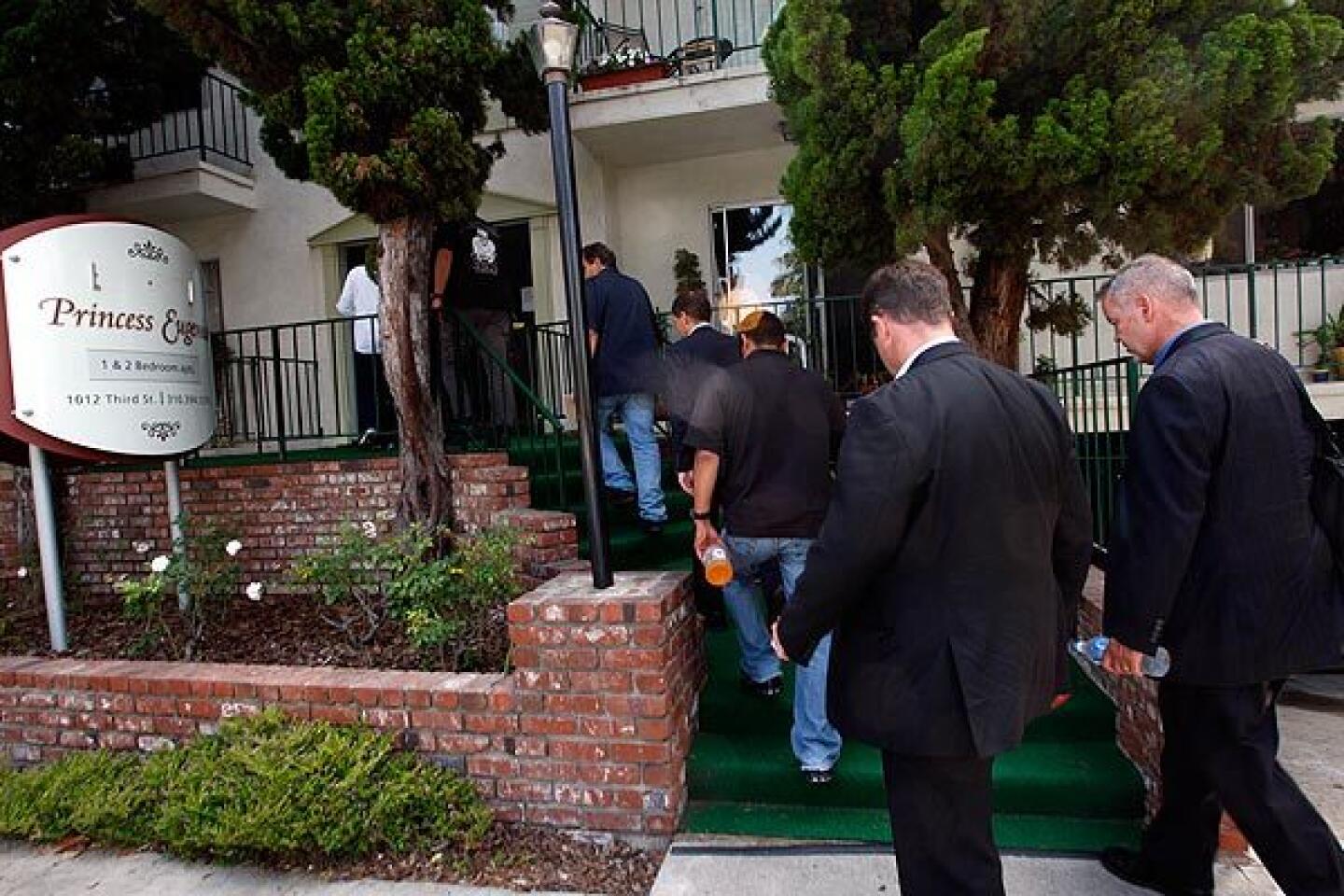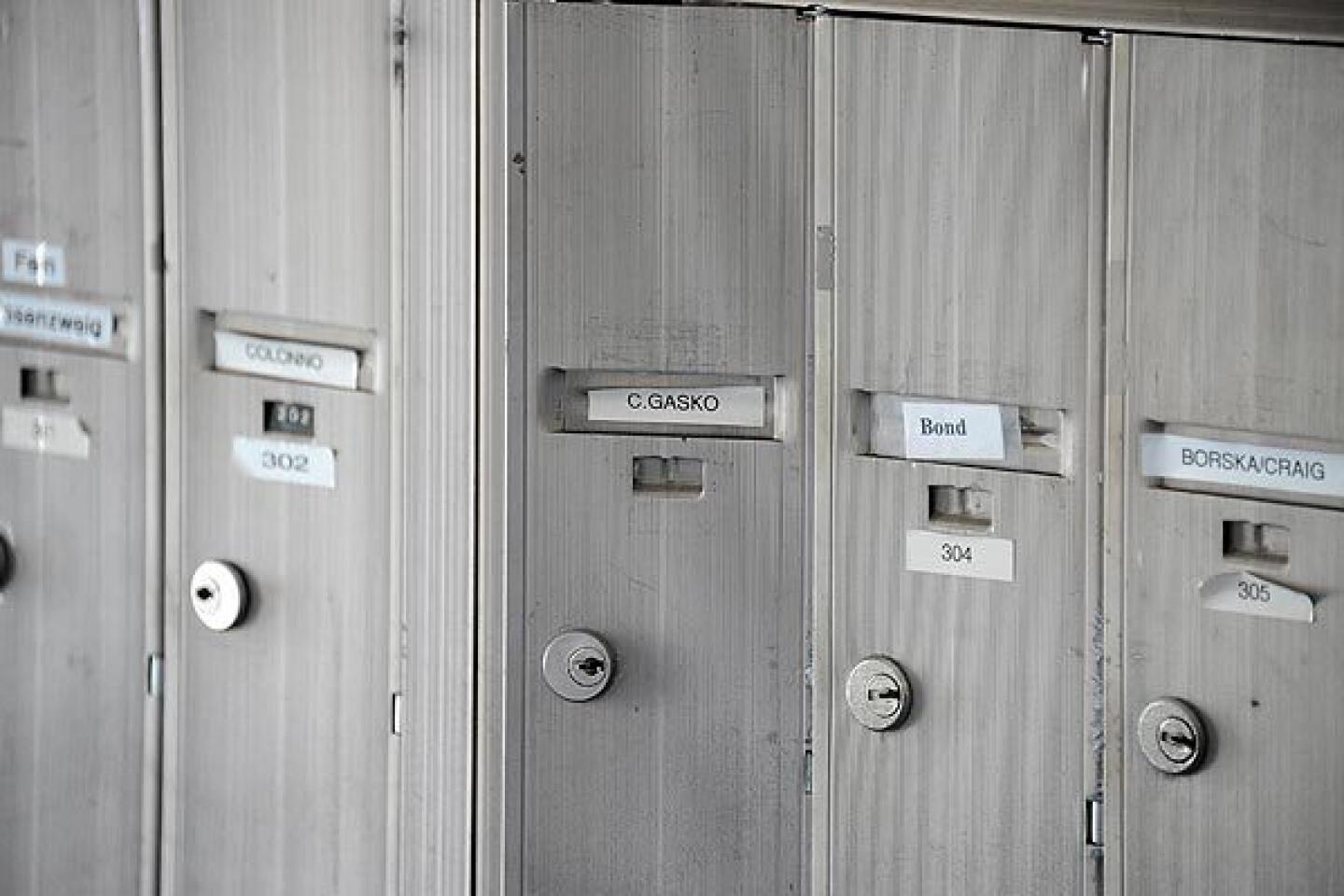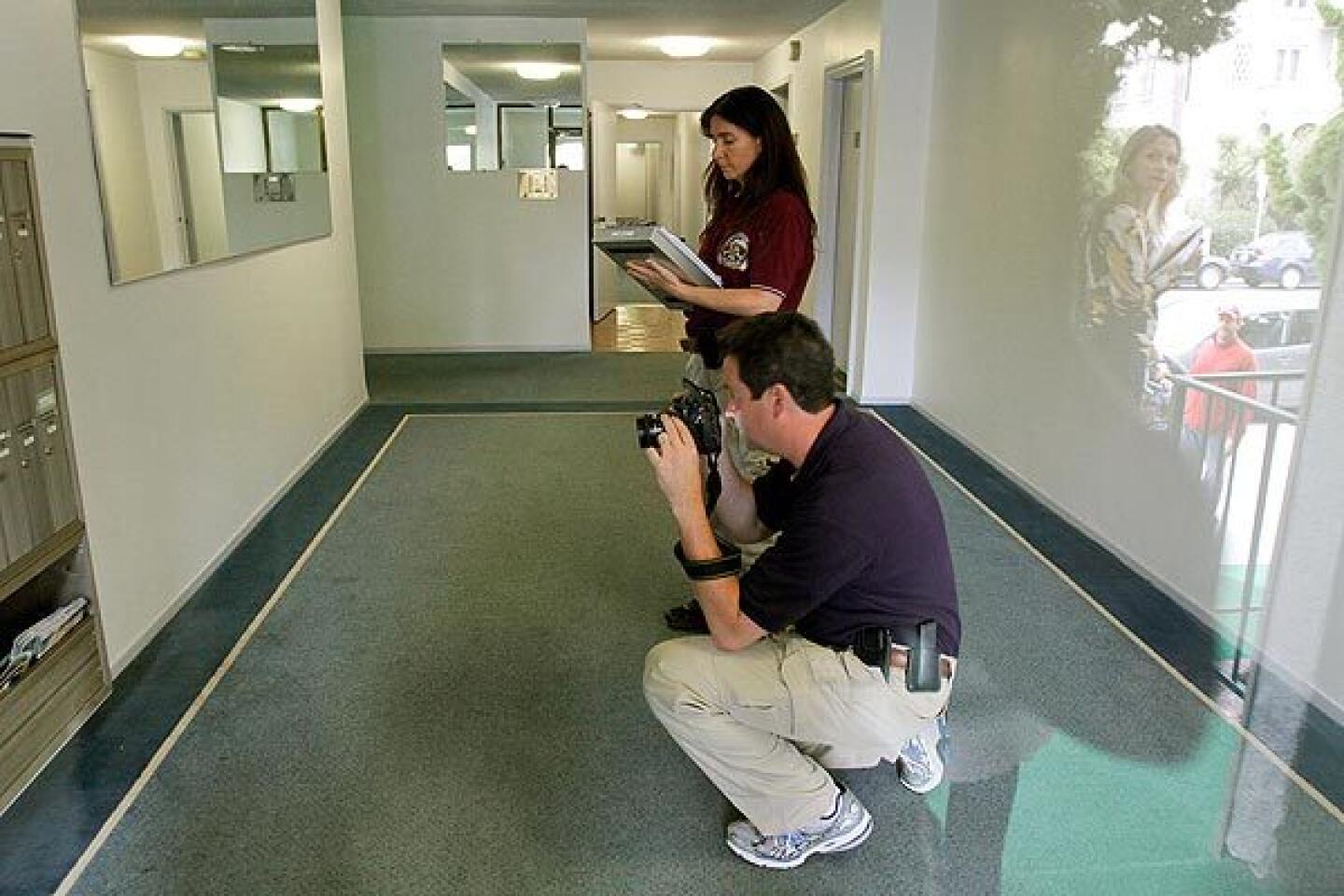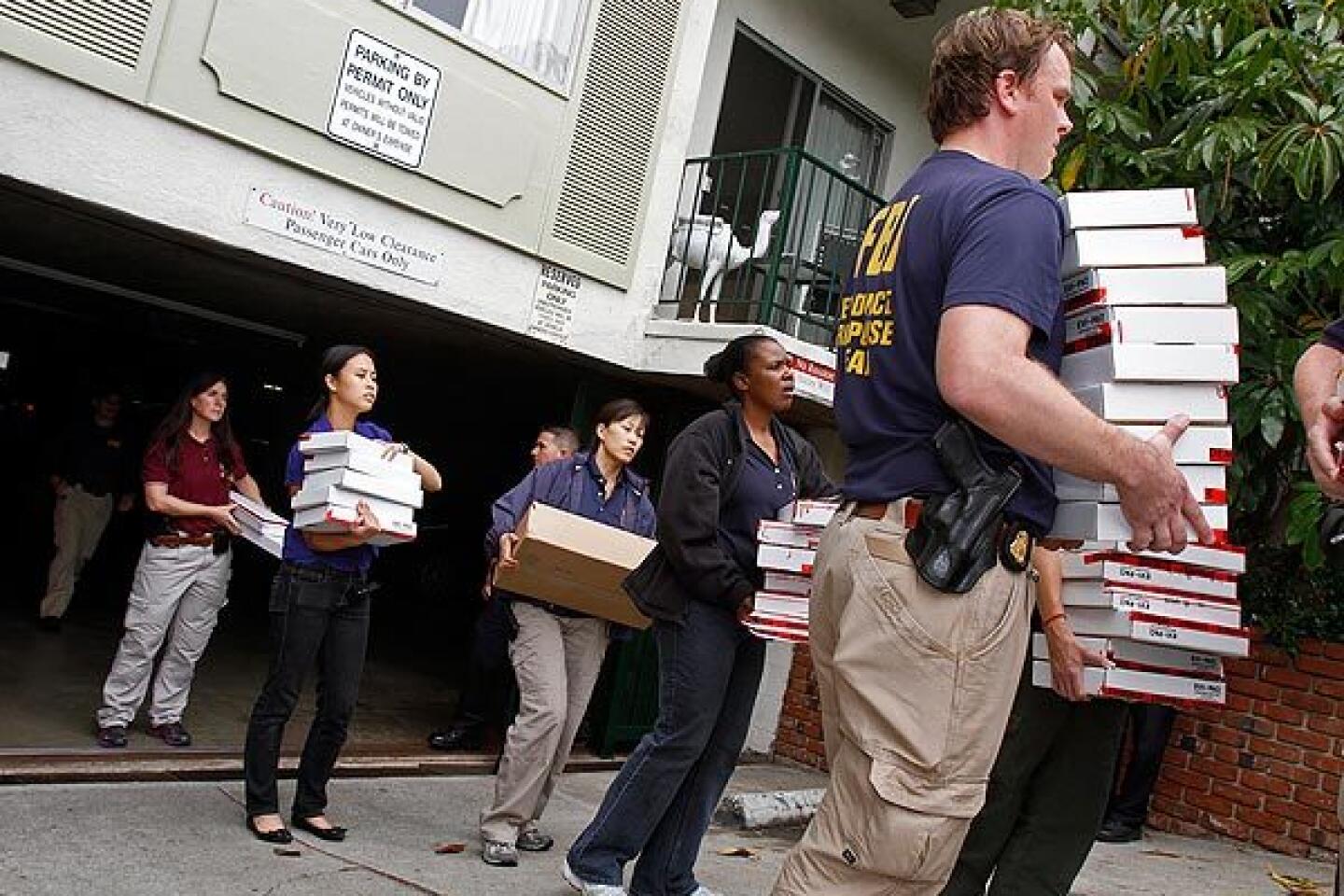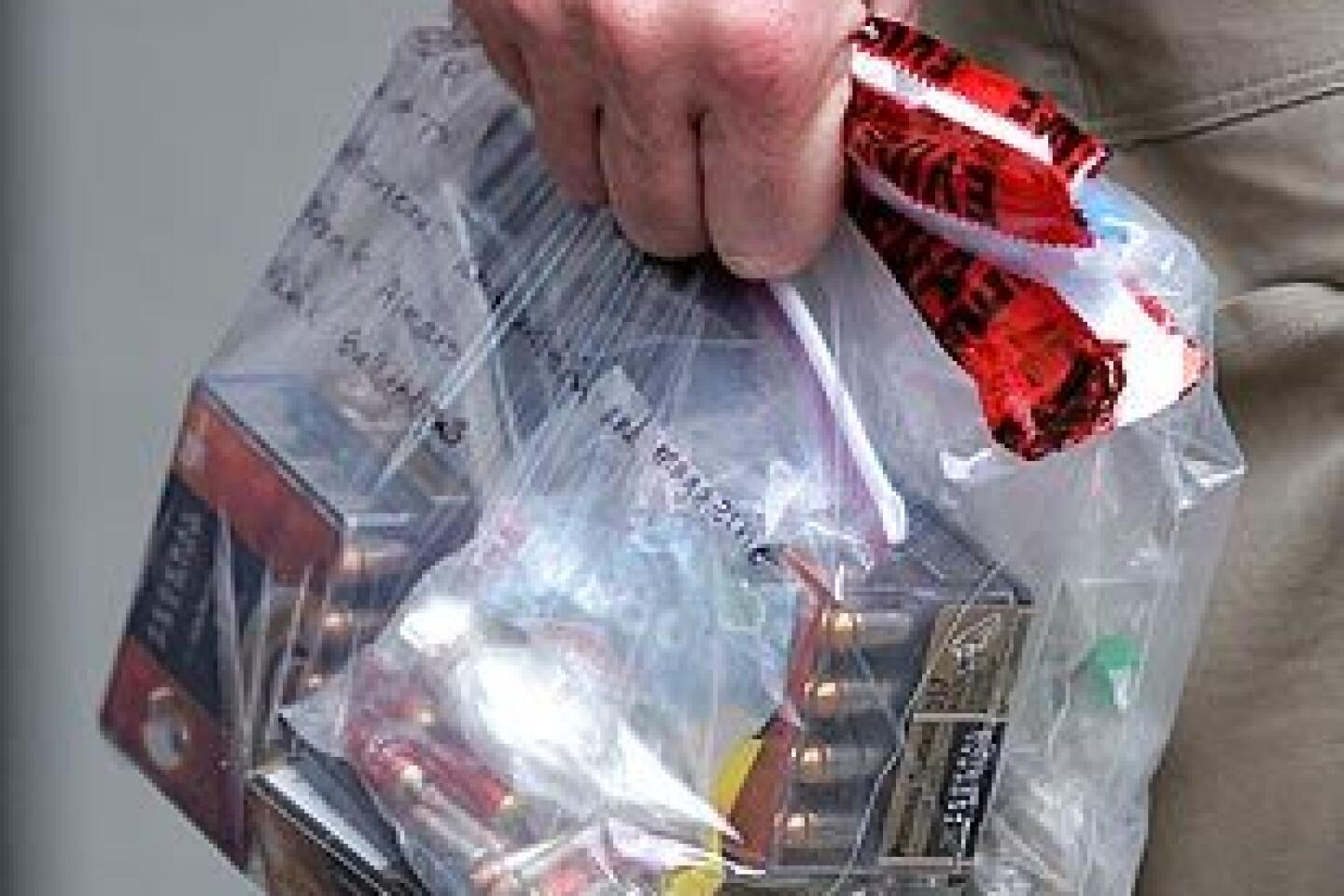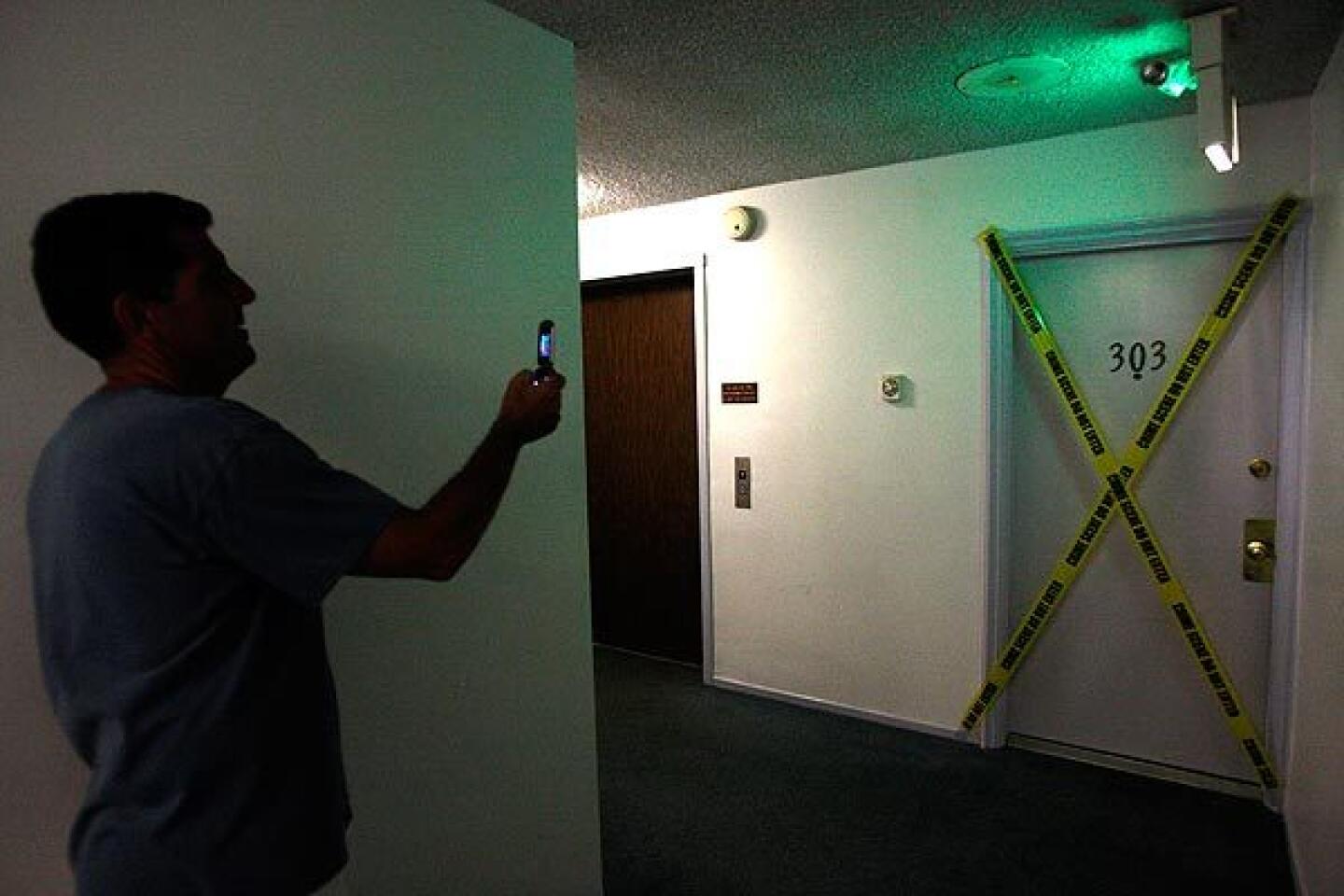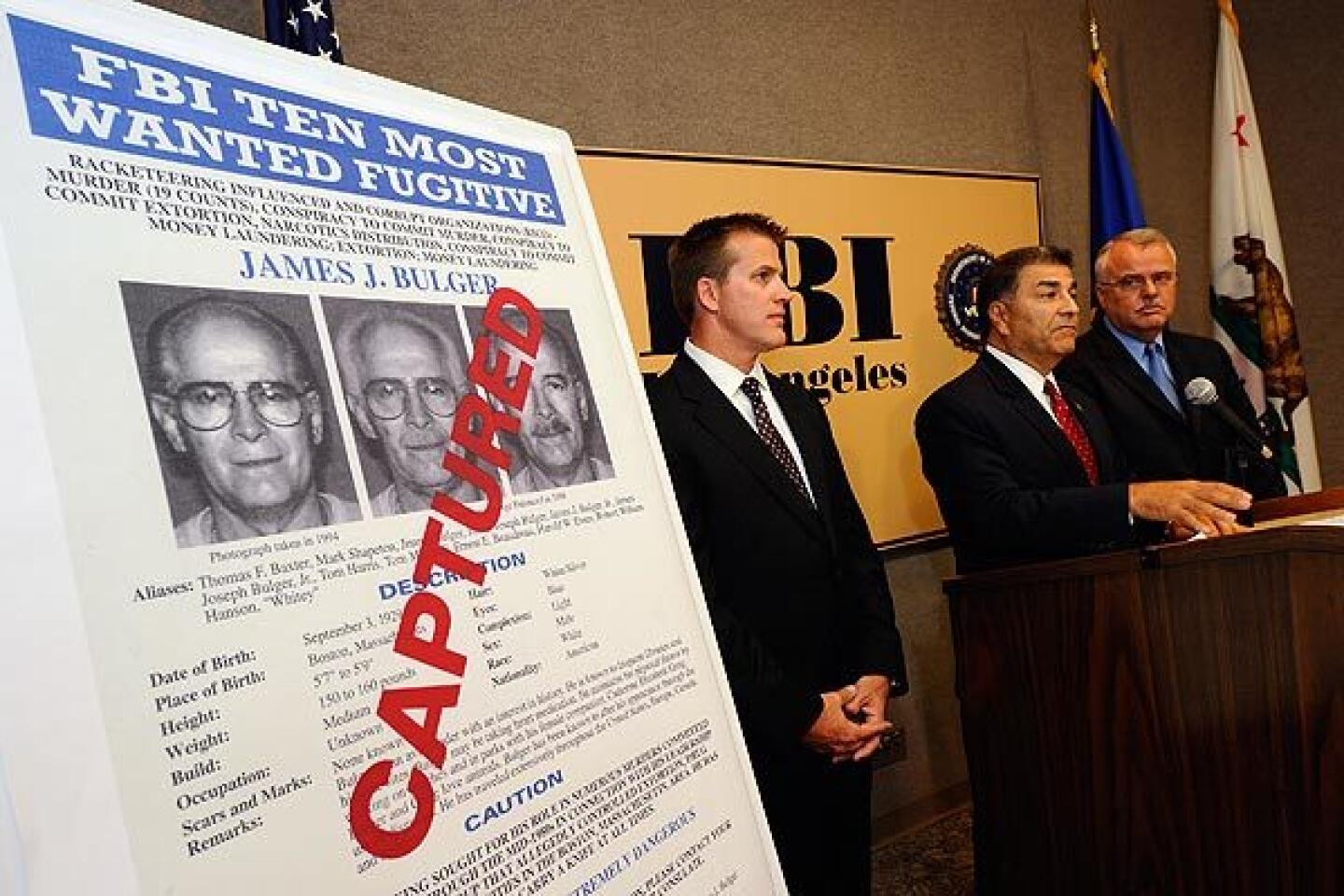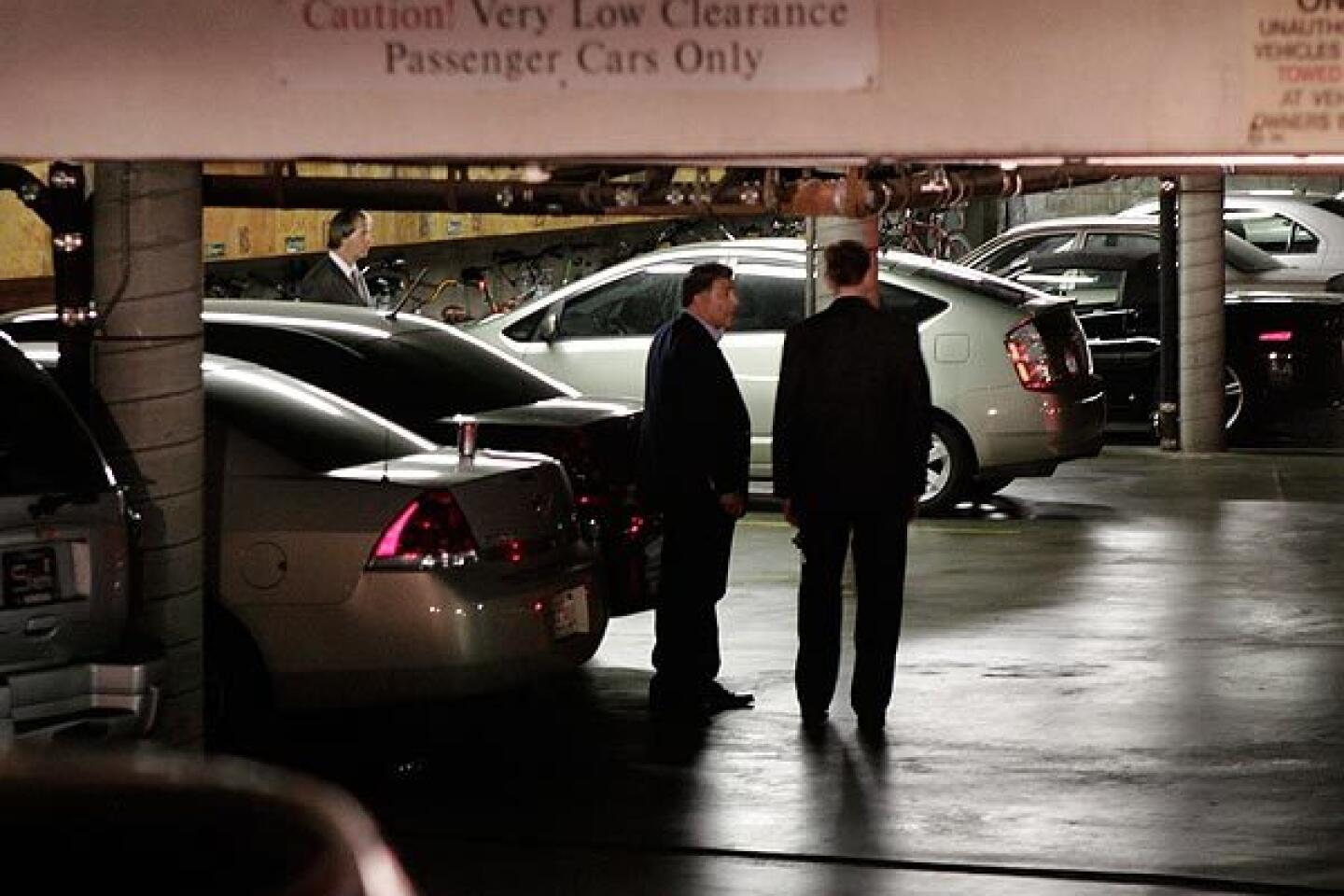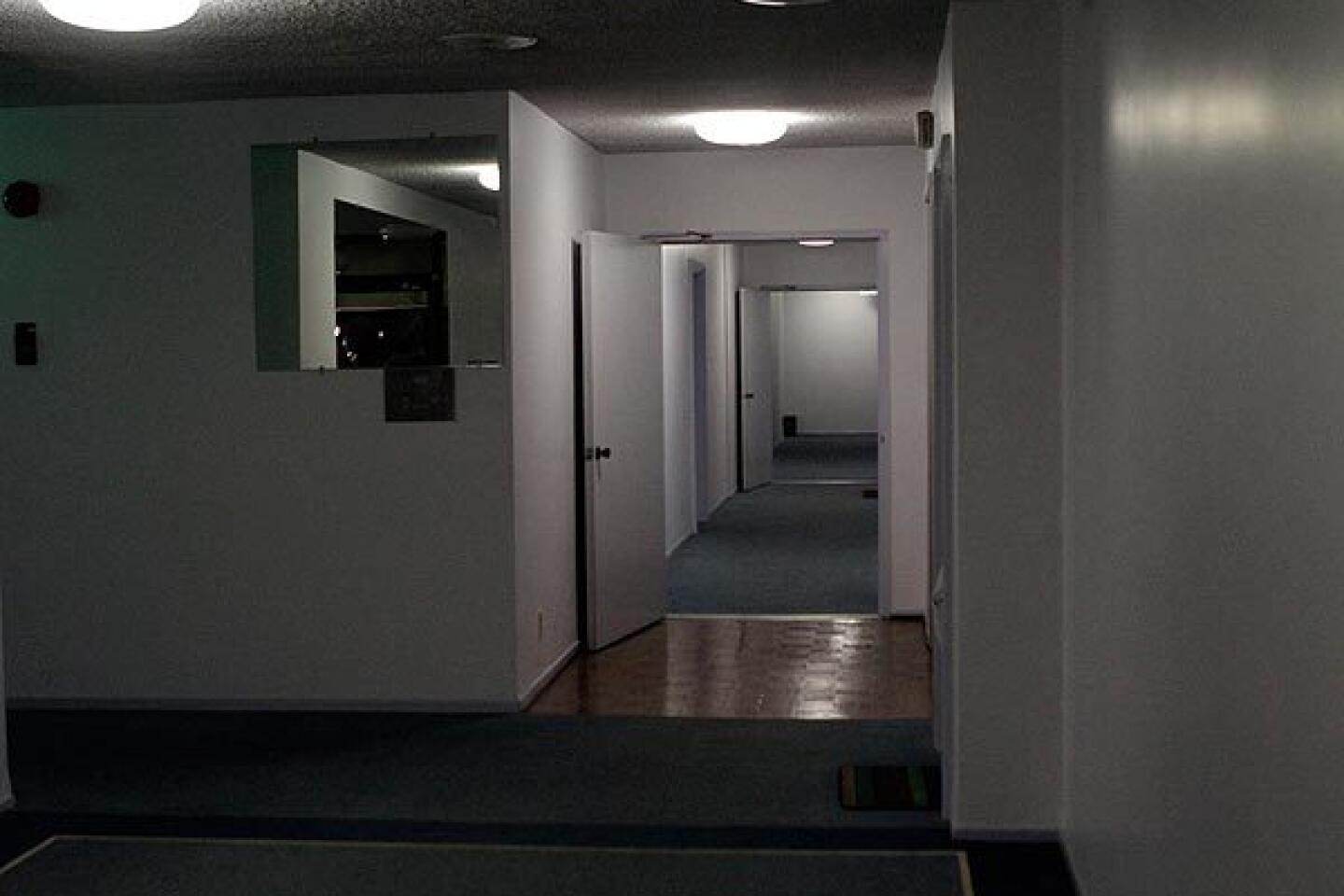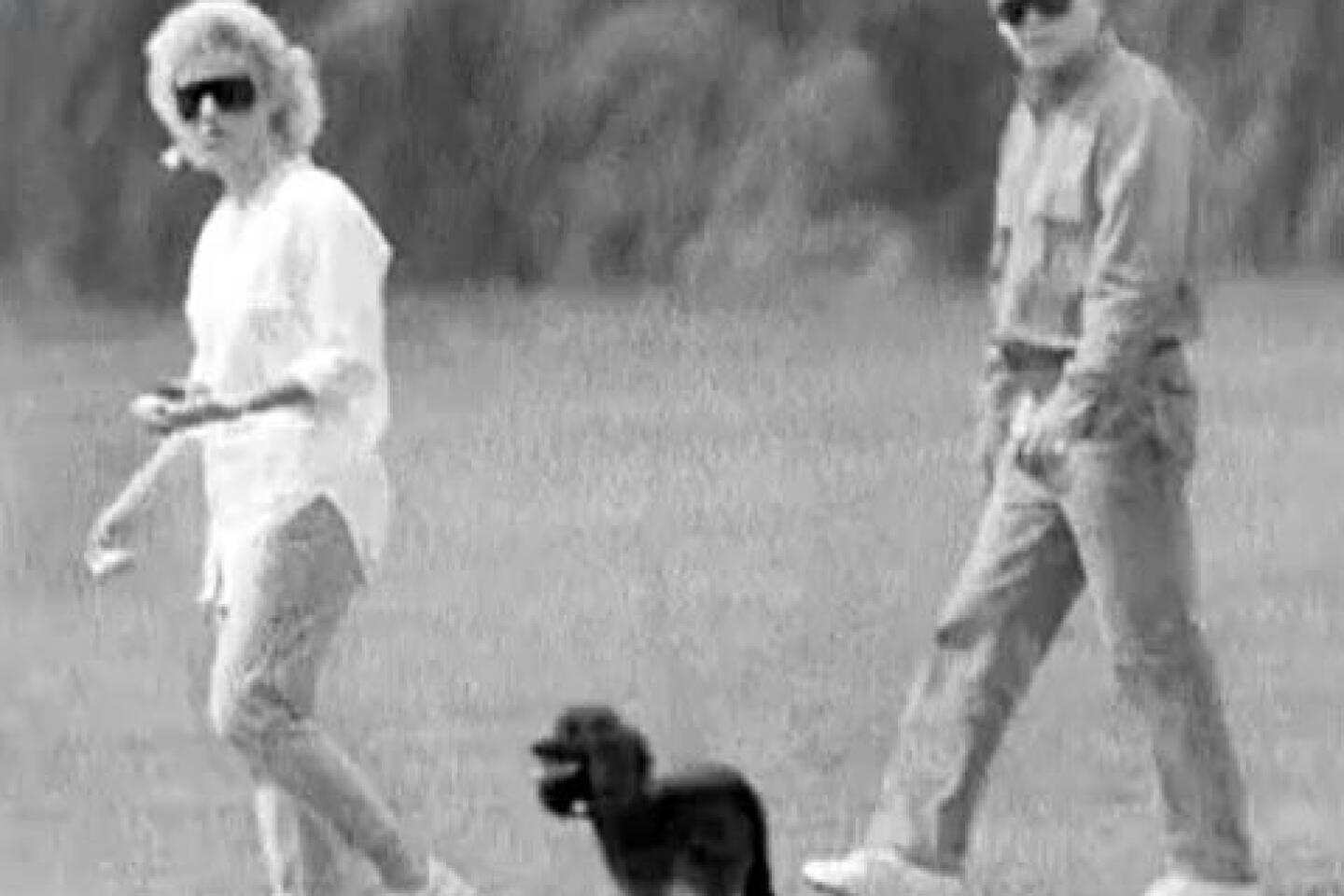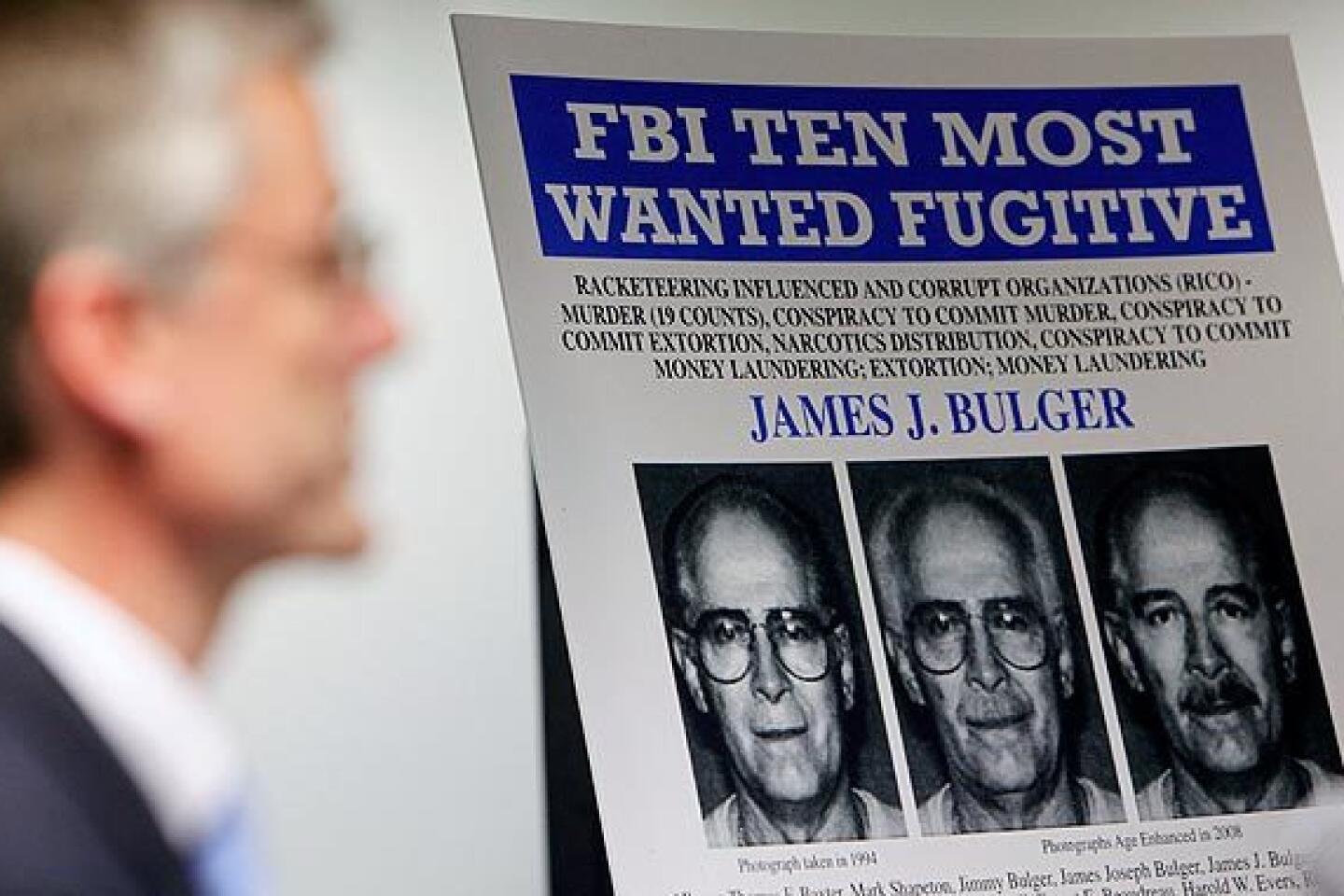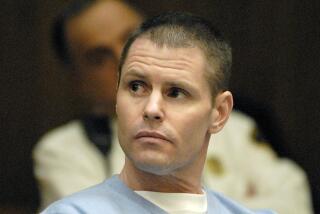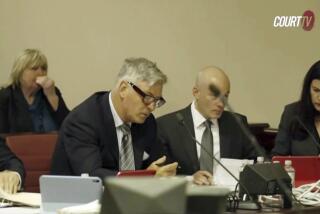Pools of jurors meet Whitey Bulger as selection process begins
BOSTON — The machinations of choosing a jury for the long-awaited trial of reputed Boston crime boss James “Whitey” Bulger may be notable for how routine it all is despite the notoriety of the case and the out-sized tales of the man at its center.
Unlike some other high-profile organized crime trials, jurors in the Bulger case won’t be sequestered and their identities will be revealed after the verdict is announced.
Perhaps the biggest challenge will be finding 18 people who can spend the next four months hearing testimony about a long list of allegations against Bulger, including charges that he played a role in killing 19 people.
Bulger, the former leader of the Winter Hill Gang, is now 83 years old.
Three of his former cronies began cooperating with the government after authorities said that Bulger had been a longtime FBI informant. All three — former hit man John Martorano, former partner Stephen “The Rifleman” Flemmi and former aide Kevin Weeks — are expected to be the prosecution’s star witnesses against Bulger.
The gang disintegrated in the years after Bulger fled Boston in 1994. Bulger was one of the nation’s most wanted fugitives for more than 16 years until he was captured in Santa Monica in 2011.
In some high-profile mob cases, including John Gotti’s 1992 racketeering trial, jurors have been sequestered out of fear they could be intimidated or threatened by the mob.
“That element of worry and fear that could make the jury selection process more difficult doesn’t exist here,” said Dick Lehr, who co-wrote two books about Bulger, including “Whitey: The Life of America’s Most Notorious Mob Boss.”
“His most important cohorts have turned into government witnesses. Once they learned Whitey was a rat, they’ve all turned on him — having felt betrayed by their boss — so there’s no loyalty there. In terms of public fear of gang retaliation, there’s nothing there.”
Tom Duffy, a retired state police major who was one of the lead Bulger investigators, said Bulger’s reputed work as an informant has made him a pariah among his former associates.
“Nobody is going to step up to the plate for this guy,” Duffy said. “He betrayed so many people.”
As jury selection got underway Tuesday, Judge Denise Casper told two pools of prospective jurors that despite Bulger’s notoriety, the approach to picking a jury remained the same.
“Both parties have a right to a jury that is fair and impartial,” Casper said.
She said people would not necessarily be excused from sitting on the jury simply because they had read or heard about Bulger. The “critical issue,” she said, is whether they can decide the case based only on evidence presented in court.
Bulger is accused in a broad racketeering indictment of a long list of crimes, including 19 killings, extortion and money-laundering. Authorities say he committed the crimes while he was an FBI informant, but Bulger’s lawyers deny that he was ever an informant.
Casper told the first two jury pools that she understands the trial — expected to last three to four months — will be a disruption to their daily lives and may even pose an “extreme hardship” for some people. But she said she would have to balance the needs of jurors with Bulger’s right to get a “cross-section of the community” to sit on the jury.
As Bulger was introduced to the second jury pool by his attorney, J.W. Carney Jr., many potential jurors strained to get a look at Bulger. “Good afternoon,” Bulger said in a soft voice.
Jeffrey Abramson, a law professor at the University of Texas at Austin and author of the book “We the Jury: The Jury System and the Ideal of Democracy,” said the difficulty in picking a jury in the Bulger case may be in finding 18 people who can put aside negative portrayals of Bulger in books and news stories, and are willing to spend four months hearing the case against him.
“There are very few people who want to or even have the flexible schedule that would permit them to sit on a jury for that long,” Abramson said.
“That certainly tilts the available jury pool to people who are at both ends of the age spectrum. ... You are very unlikely to get a cross-section of the community, and that creates problems,” he said.
A total of about 450 prospective jurors were brought in Tuesday and were asked to fill out lengthy questionnaires that will be used to screen out people with conflicts.
A third pool of 225 people will be brought in Wednesday.
Once the pool is winnowed down, potential jurors will be questioned individually, beginning Thursday.
The judge has said she hoped to complete the selection process Friday, with opening statements from prosecutors and defense attorneys expected Monday.
Twelve regular jurors and six alternates will be chosen.
ALSO:
‘Amazing’ Oklahoma tornado was largest in U.S. history
Utah mom gives birth to twins on side of road, gives CPR to one
Bradley Manning called himself a ‘broken soul,’ ex-hacker testifies
More to Read
Sign up for Essential California
The most important California stories and recommendations in your inbox every morning.
You may occasionally receive promotional content from the Los Angeles Times.
